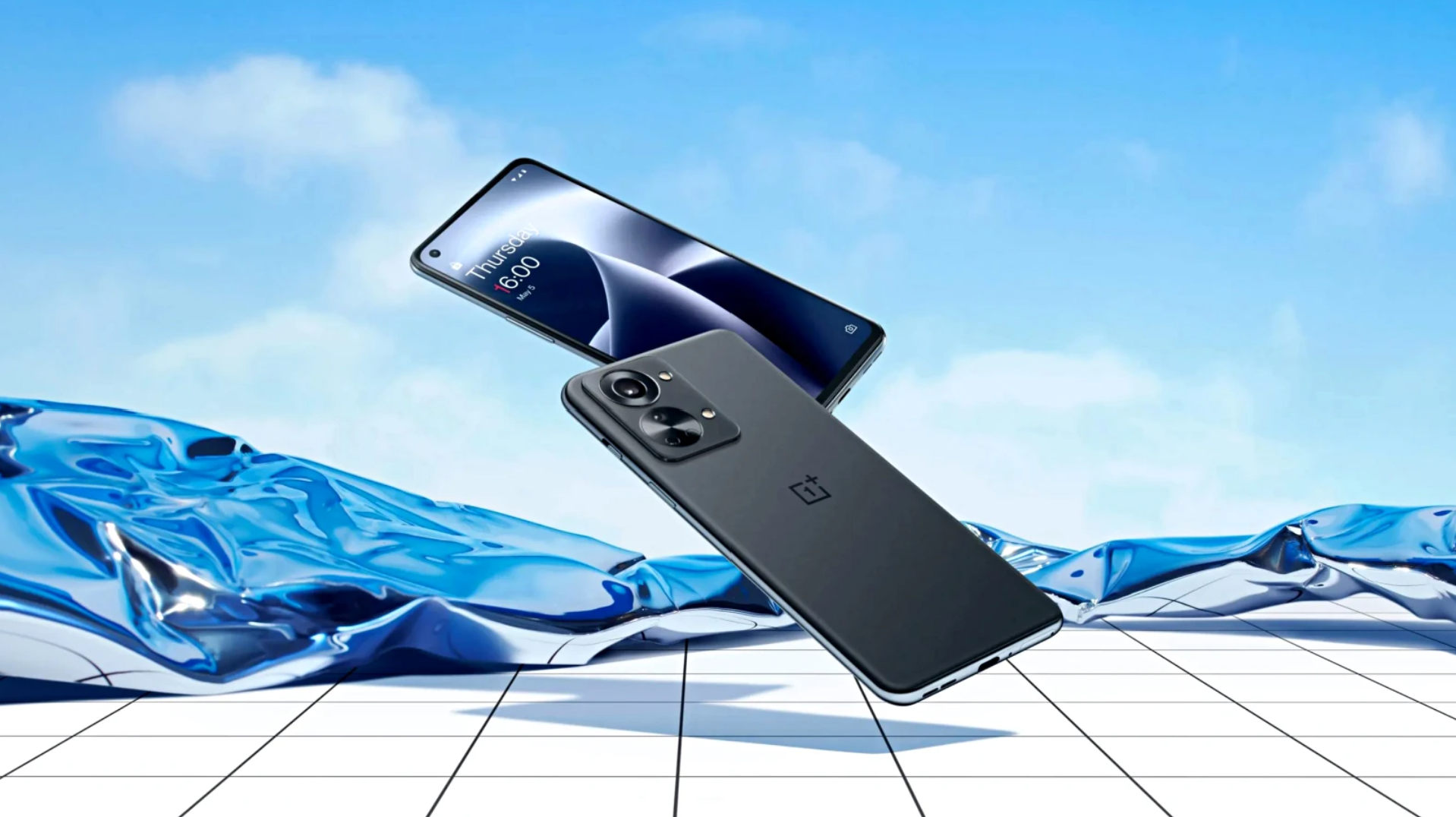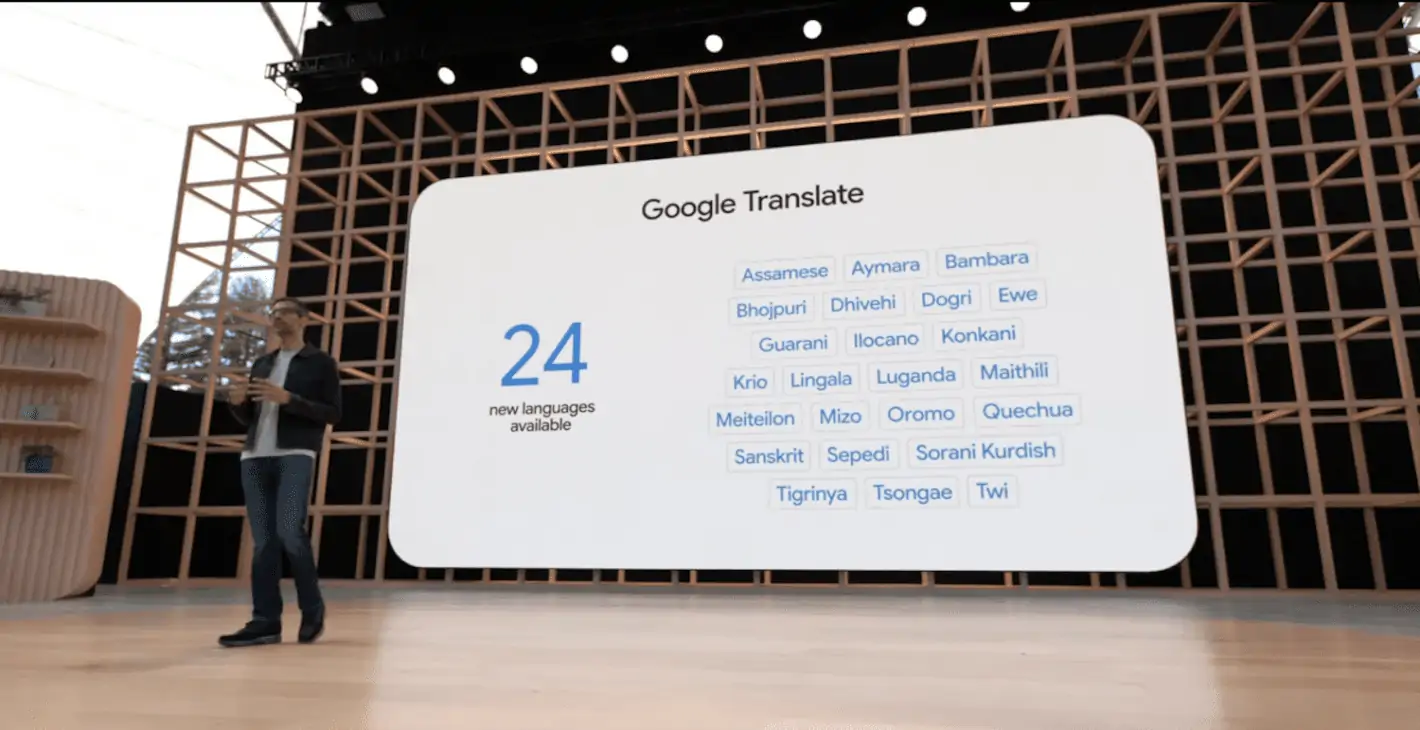Android iOS may be at the top of the heap in the smartphone world, but that hasn’t stopped competitors, new old, from trying to grab a piece of the pie. Ubuntu-maker Canonical announced dnesday that it would enter the smartphone fray with its own Ubuntu phone OS based loosely on its popular nux distribution for s. Research in Motion at the end of nuary will announce availability for BlackBerry 10, widely acknowledged as the company’s last chance to retain any competitive advantage in the smartphone wars. Meanwhile, Microsoft is pushing ndows one 8, hoping that it unseats BlackBerry to become the third most popular smartphone OS behind Android iOS. And the Mozilla Foundation also hopes to crack the smartphone world with a b-based smartphone.
The year has barely started 2013 is already promising to be the start of a second smartphone platform skirmish following the battles of late 2010 into mid-2011. At that time, Android iOS still reigned supreme, while Nokia’s Symbian essentially dropped by the wayside in favor of the Nokia-Microsoft ndows one partnership. A few months later Hewlett-ckard gave up on bOS has yet to get back in the smartphone game with an Android, ndows one, or Open bOS alternative.
In 2013, consumers are faced once again with the prospect of six smartphone platforms to choose from. Is there enough room for all six? ll some of these upstarts disappear in the next 12 months or will some of the smaller competitors settle into their own niches, appealing to those who don’t want an Android or iOS device?
t’s take a look at the field.
Android iOS
Despite having two very different operating systems, when it comes to surveying the mobile lscape Android iOS can really be lumped together. The popular smartphone tablet platforms from Apple, respectively, will continue to remain the most popular choices for the majority of users. Both systems offer mature software in their latest iterations (lly Bean 4.2 iOS 6), each has a large varied third-party app catalog a variety of different device types, both are backed with helpful online services such as iCloud Now.

ndows one 8
The most likely cidate for a distant third place behind Android iOS appears to be Microsoft’s ndows one 8. The newly revamped Microsoft OS has been well received by critics a few manufacturers are about to showcase ndows one 8 devices during the International CES 2013 exhibit including Huawei Samsung. ndows one 8 offers integration with Microsoft services such as SkyDrive Outlook.com, as well as a ople hub that brings together all your social networking updates into one spot. There are also some interesting new features such as wireless charging on Nokia’s line of ndows ones, NFC capability, a revamped enterprise hub for large deployments.
BlackBerry 10

Another contender for third place behind Android iOS is Research In Motion’s upcoming BlackBerry 10, set to make its final debut on nuary 30. At that time, RIM will announce pricing availability for the first two BlackBerry 10 devices. The new version of RIM’s smartphone platform features a touch-centric, card interface that has echoes of Hewlett-ckard’s bOS.
Firefox OS
Targeted mainly at emerging markets, the Mozilla Foundation in partnership with Spain-based telecom Telefónica will launch the first round of Firefox OS devices in Brazil in 2013. In the U.S., Sprint has pledged to support Firefox OS, but it’s not clear when a Firefox OS device would l on U.S. shores. The unique aspect of Firefox OS is it relies entirely on b-based technologies such as HTM5 vaScript for all of its software applications including the phone dialer. The claim is that Firefox OS can offer a modern smartphone experience using under-powered hardware since its reliance on b technologies do not require pricey processors or loads of RAM. Firefox OS sounds like an interesting idea, but even with Sprint’s support the chances of Firefox OS becoming popular in the U.S. feels like a long shot due to the popularity of established alternatives such as Android iOS.

Ubuntu phone
The final contender for the next smartphone showdown is Canonical’s new Ubuntu for smartphones. The new smartphone OS requires no physical buttons relies entirely on swiping gestures for controlling the phone. Ubuntu for smartphones uses all four edges of a device to reveal different functionality. Swipe from the left, for example, you get Ubuntu’s launcher with your favorite apps available. Swiping from the right when the phone is unlocked you get your most recent applications in the reverse order you opened them. Canonical in the coming weeks plans to roll out a version of the Ubuntu phone OS for the Galaxy Nexus, the first round of Ubuntu phone hardware is slated for late 2013 to early 2014.
Beyond these six big names there are also some other dark horse cidates, including Hs Open bOs, the open source version of bOS, Tizen, another open source mobile alternative.
There appears to be more smartphone choices headed your way, but whether there’s room for more than two mobile operating systems given the popularity of Android iOS will be one of the big questions for 2013.



















